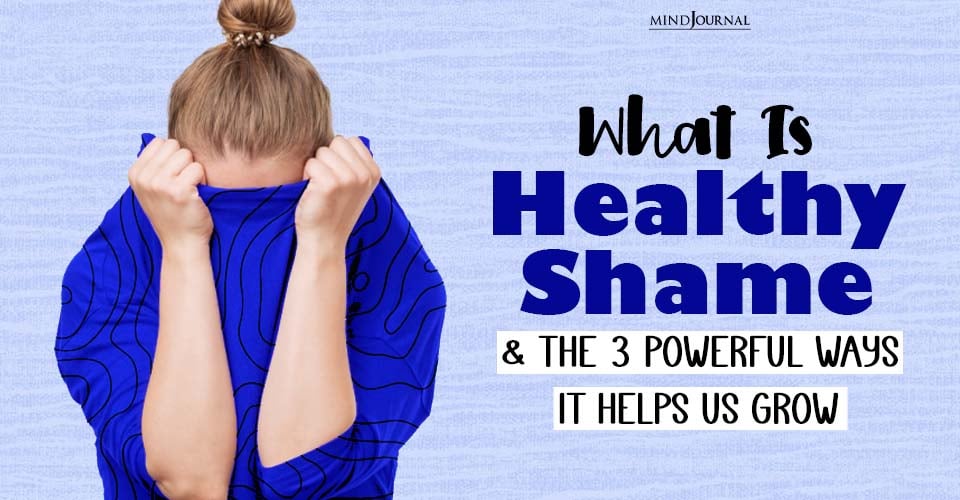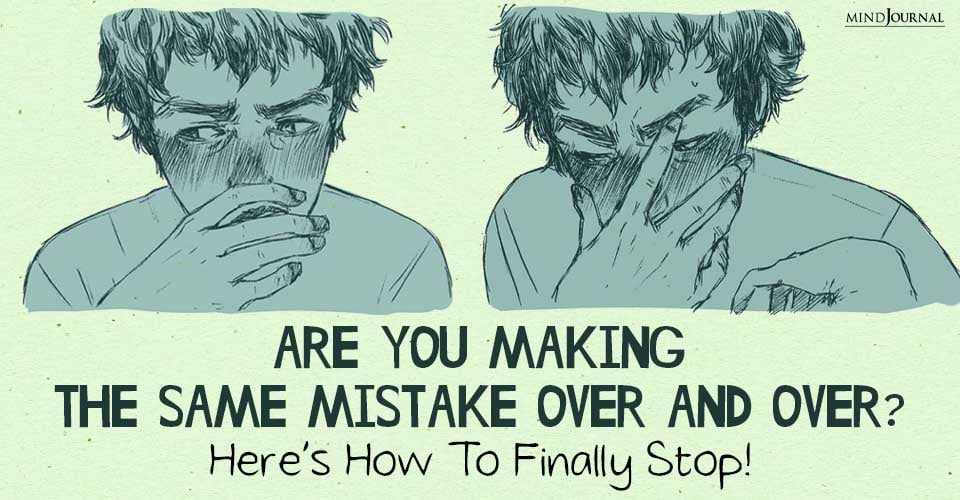“Our need to be “greater than” or “less than” has been a defense against toxic shame. A shameful act was committed upon us. The perpetrator walked away, leaving us with the shame. We absorbed the notion that we are somehow defective. To cover for this we constructed a false self, a masked self. And it is this self that is the overachiever or the dunce, the tramp or the puritan, the powermonger or the pathetic loser.” ― Maureen Brady
How shame feels and what makes it Toxic – My Shame Experience
Sprawled on the hallway floor, skirt flying, hitting, and kicking, I wrestled with Tina before a crowd of junior high school schoolmates, including a dozen boys from my class. Tina was a gang member who had recently transferred from another school. She and her cohorts had taunted and insulted me all week. She started in again, shoving me at our adjacent lockers. I’d finally had enough, I pushed her back, and we ended up fighting on the floor.
Before actually harming one another, the girls’ V.P. escorted us to her office. Tina was expelled. I felt relieved that only my modesty was tarnished . . . until I returned home. Then I was mortified to discover a small rip in my panties! My defectiveness, symbolized by that imperfection, had been exposed. This is the essence of shame.
It can feel like wearing dirty underwear – which everyone can see. Probably no one saw the tear in my panties. Still, I imagined everyone was mocking me even though no one mentioned the incident. I wanted to hide. How could I face those boys in class day after day? “Saving face” or “losing face” means to protect one’s honor or to suffer disgrace. It’s shame that torments us for hours or years following humiliation, rejection, or feeling defective.
No one wants to be called shameless. That’s because it’s normal to have a certain level of shame. Its origins lie in our primal need for others, to be acceptable and accepted, which provides a sense of internal safety and security.
Shame encourages us to adhere to socially accepted norms, like basic manners and grooming.
Related: Toxic Shame: How Internalized Shame Alters Our Self-Image
What Shame Is: Ordinary Shame And Toxic Shame
Shame differs from embarrassment. We feel embarrassed when our mistake could happen to anyone, like being late. It’s also distinguishable from guilt, which is about something we did that violates our ethical or moral standards. When we feel guilty, we can make amends, but shame makes us feel irredeemable because it’s about who we are.
Like what happened to me, shame is generally associated with exposure before others, but an audience isn’t necessarily required.
More often, shame is caused by how we think about ourselves. It’s silent and secret. No one needs to be present to evoke our private angst and self-judgment. We imagine others see what we do when we measure our experienced self against the self we want others to see.
How Toxic Shame Differs From Ordinary Shame
This even holds true for the things others don’t know about our private thoughts or dreams we consider selfish, stupid, or insane. A friend with a beautiful voice felt deep shame about her secret wish to sing professionally, because her father, an opera singer, constantly corrected her and made her feel inadequate. That parental shaming prevented her from developing her talent professionally. Another acquaintance wanted to be a talk show host but considered his dream too grandiose to pursue.
We can literally interpret any aspect of ourselves – our appearance, income, status, feelings, or behavior as a reflection of our inadequacy. We might feel disgusted about our body which keeps us from going swimming with friends. If we feel stupid for running out of gas, we won’t tell our boss why we’re late. We might feel undeserving and not take a vacation or ask for a raise.
When we feel like a failure for not solving a problem or achieving a goal, we might give up on ourselves. Or we feel pathetic for being “too sensitive,” grieving “too long,” or undesirable when lonely, so we stifle our emotions rather than talk about them. Despite obvious beauty, we might feel unattractive, and no one can convince us otherwise.
This is toxic or internalized shame.
It lurks in the unconscious, undermines self-esteem, and creates anxiety and havoc in our lives. The magnitude of feeling different, inadequate, or inferior can be unbearable. It’s the feeling of being a bad, unworthy person. Toxic shame sabotages our relationships, our success, and the ability to enjoy life. It can be chronic and take over our identity and ability to enjoy life, chipping away at trust in ourselves and the world.
Internalized shame is an open wound from childhood that seeps into our psyche and spreads like a virus to everything we think and do. It creates false beliefs about ourselves others can’t refute and silently eats away at our spontaneity and confidence.
This differs from ordinary shame in the following ways:
1. Our own thoughts can bring on shame without the need for an external event or exposure to another person.
2. The negative feelings last much longer.
3. The feelings and pain associated with shame are of greater intensity.
4. It leads to worsening shame spirals that cause depression and feelings of hopelessness and despair.
5. We have a negative “shame story” about ourselves originating in childhood.
6. The shaming events and beliefs from childhood needn’t be (and usually aren’t) recalled.
7. It creates “shame anxiety” about re-experiencing judgment, rejection, and shame.
8. It can overtake our personality and be ever-present.
9. Alternatively, it may remain unconscious, but make us defensive and sensitive to criticism, or anything we perceive as shaming, such as talking too long or too little, making mistakes, showing emotion, receiving too much or too little attention, trying new things, or looking foolish.
10. It creates deep feelings of inadequacy, inferiority, or somehow being unlovable.
11. It causes low self-esteem and codependency.
12. It can lead to other problems, such as aggression, PTSD, perfectionism, anti-social behavior, depression, eating disorders, and addiction.
Related: Healthy Shame And Toxic Shame: How Do We Live With It
Healing
Fortunately, we can heal toxic shame.
That doesn’t mean we never feel it. Instead, shame takes its rightful place among our many emotions and no longer controls or overwhelms us. We can remain present and don’t lose our connectedness to others. If we still feel ashamed, we can talk about what happened. Sharing shame diminishes it. We realize our imperfections make us human as we learn to accept ourselves with compassion.
To learn more about shame and follow a recovery plan, read Conquering Shame and Codependency: 8 Steps to Freeing the True You. You can also watch my Youtube on toxic shame.
©Darlene Lancer 2019
Originally appeared on What Is Codependency











Leave a Reply